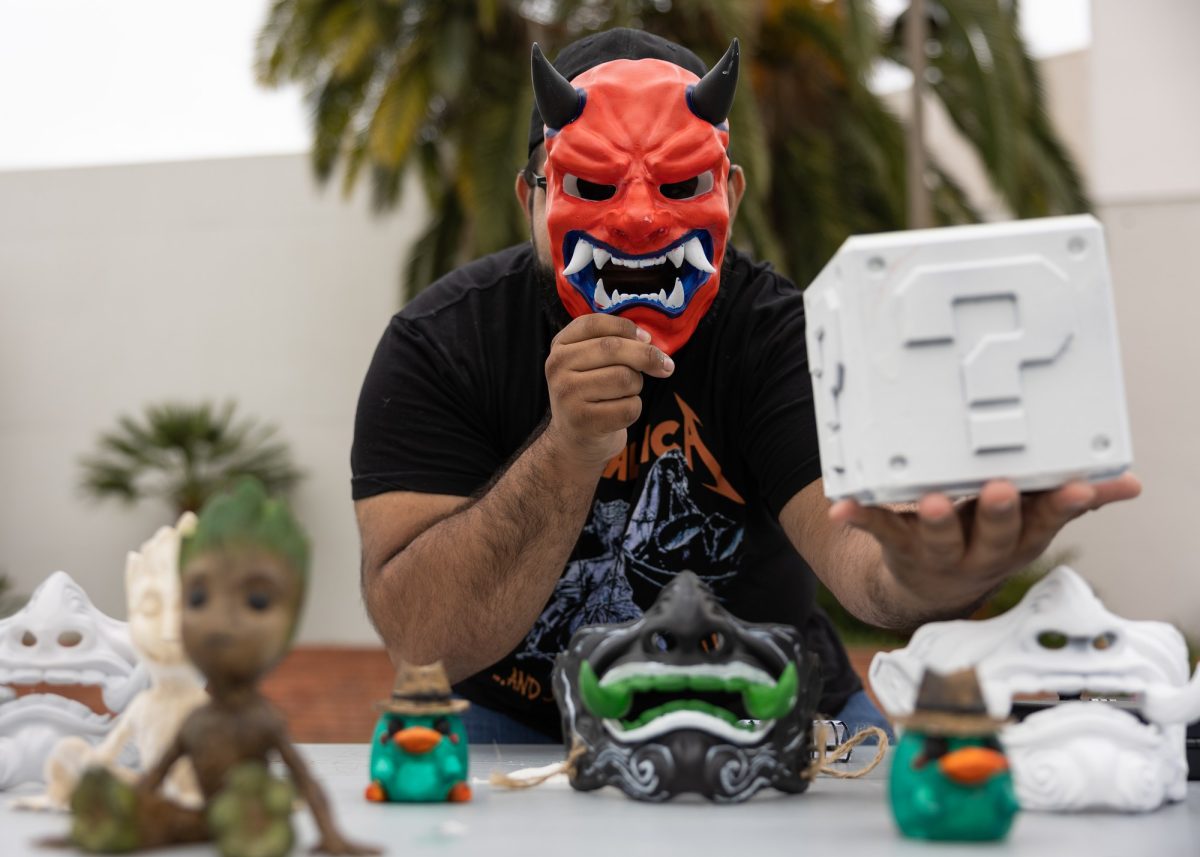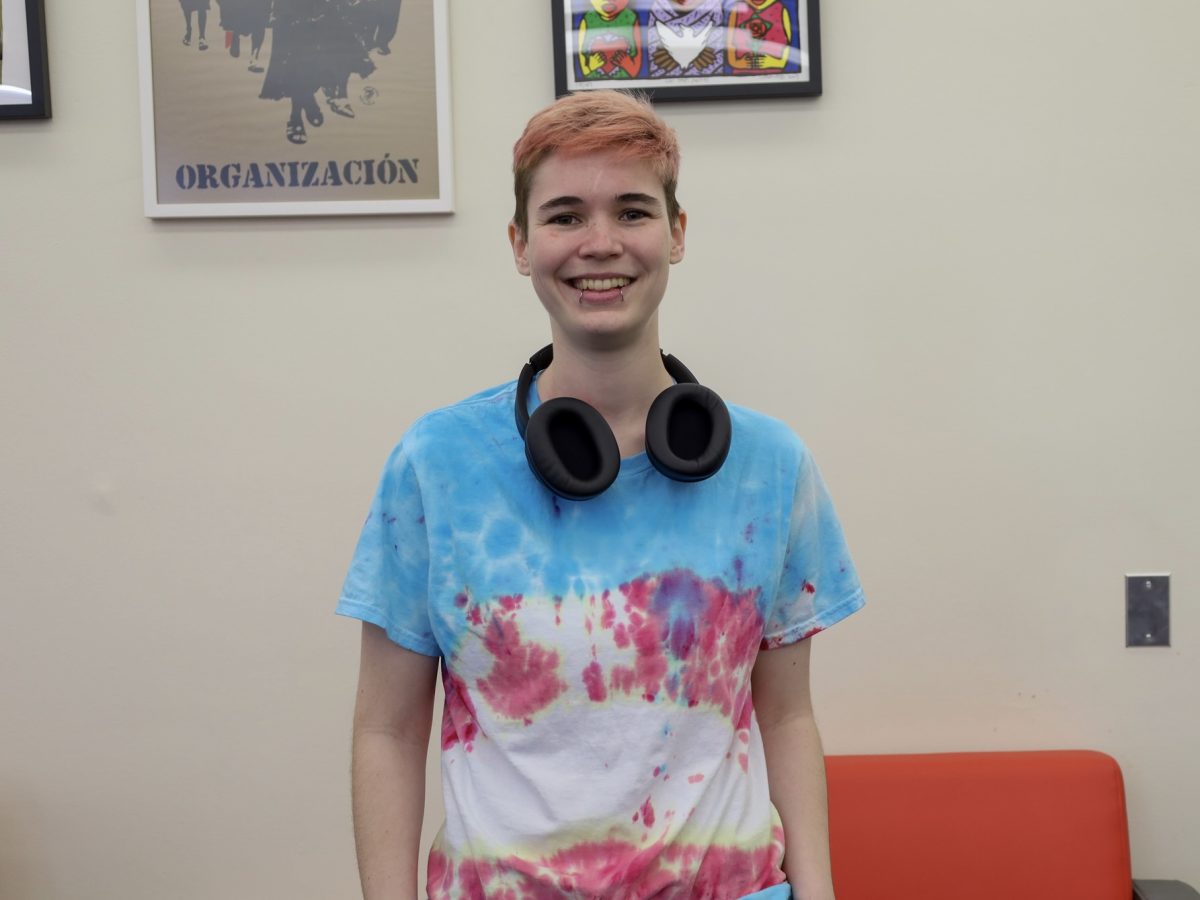Some might say she is the most perfect woman in the world.
If you play your cards right, she’ll grant you all the riches your heart desires.
But beware: She can take it away as fast as she gives. That’s how Lady Luck rolls the dice.
Eighty-six percent of Americans have gambled at least once in their lives, according to a 1999 report from the National Gambling Impact Study Commission. Approximately 52 percent of that is done via the lottery; casinos place second at 26 percent.
Students though, deal with betting in more private settings, including video game competitions and sporting events.
“I’ve gambled on football games, nothing too high stakes,” Michael Govea, 18, music major, said.
“It was kind of fun,” he said.
“Once I bet my girlfriend to a friend in a game of rummy,” Adam Johnson, 20, English major, said. “He won the first game and I challenged him again. Halfway through the game he realized he was losing and he ran away, claiming he was still the champion.”
Psychology professor Stanley Fitch points to idleness and the chance of beating the odds as the major seducers in gambling.
“It’s taking a risk and the chance that you might double your money that are exciting,” Susy Vasquez, 21, anthropology major, said.
People also gamble because it is a way to spend time, Fitch said.
“It gives them a lifestyle,” he said.
There’s also a personality issue in gambling. People who are more compulsive are more likely to submit to Miss Luck’s wiles, Fitch said.
“Susceptibility to addiction is partly inborn. It used to be thought that you were born a certain way,” Fitch said.
However, the theory has shifted to an environmental focus, Fitch said. Nowadays, psychological studies are split 50/50 on whether addiction is born of genetics or environment.
“When you’re a gambler, as a kid you were hanging around the pool halls,” Fitch said.
It also beckons those whom Fitch calls “sleazy characters.”
“There are a lot of instances here in Gardena where people will win the money, get to their car and a group of people will rob them,” Fitch said.
Others are simply indifferent.
“I don’t like gambling. It doesn’t even attract my interest,” Johnson said. “I’d rather save my money.”
Despite the absence of gambling activity on campus, students still experience the effects from afar.
“It’s OK if you play a few slots once in a while, as long as you don’t become obsessed with winning,” Govea said
“I’ve seen my friends lose some big money,” he said.





